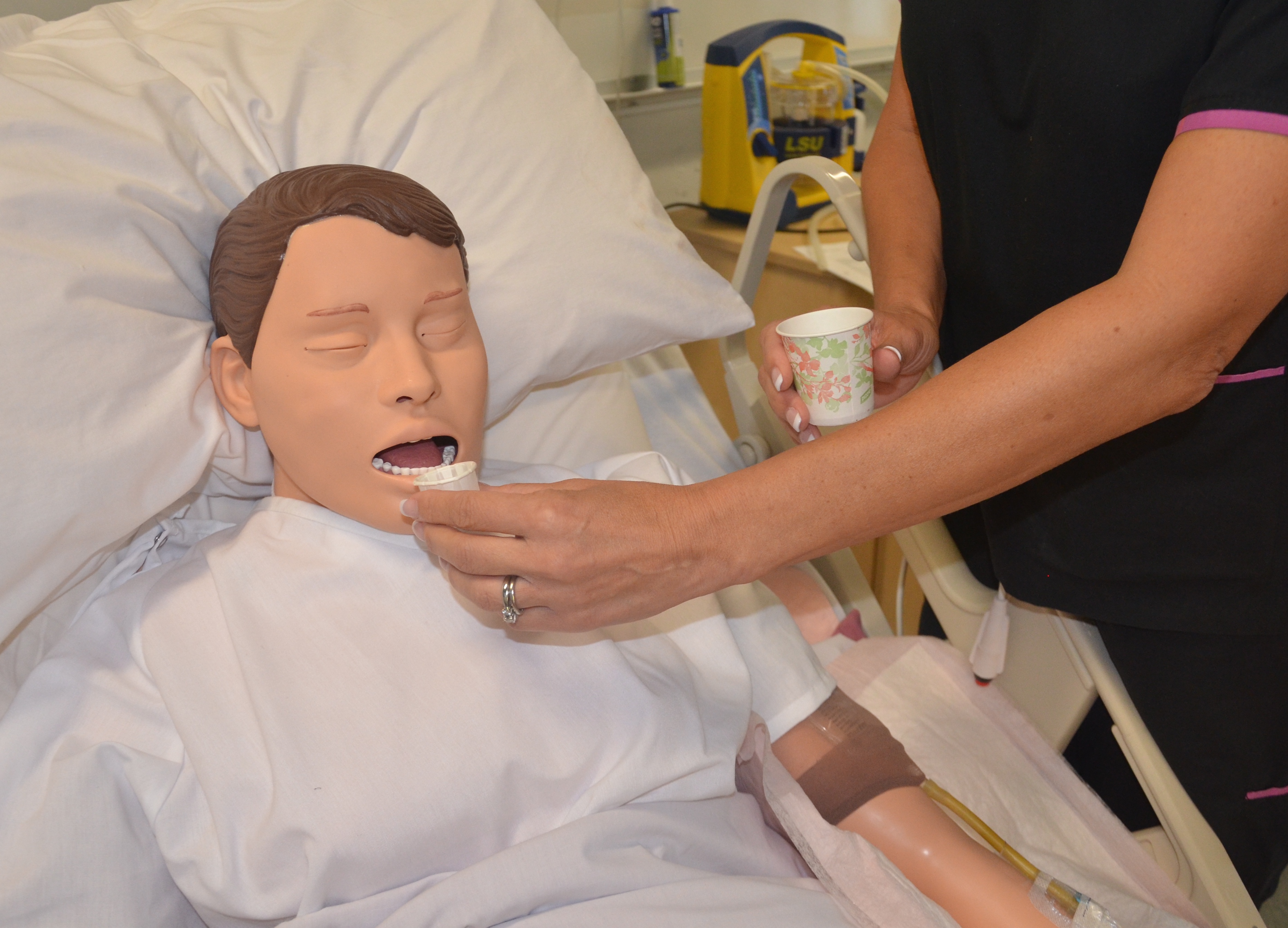|
Abrocitinib
Abrocitinib, sold under the brand name Cibinqo, is a medication used for the treatment of atopic dermatitis (eczema). It is a Janus kinase inhibitor and it was developed by Pfizer. It is taken by mouth. The most common side effects include nausea (feeling sick), headache, acne, herpes simplex (viral infection of the mouth or the genitals), increased levels of creatine phosphokinase in the blood (an enzyme released into the blood when muscle is damaged), vomiting, dizziness and pain in the upper belly. Abrocitinib was approved for medical use in the European Union in December 2021, and in the United States in January 2022. Medical uses In the EU, abrocitinib is indicated for the treatment of moderate-to-severe atopic dermatitis in adults who are candidates for systemic therapy. In the US, abrocitinib is indicated for the treatment of people twelve years of age and older with refractory, moderate-to-severe atopic dermatitis whose disease is not adequately controlled with ot ... [...More Info...] [...Related Items...] OR: [Wikipedia] [Google] [Baidu] |
Atopic Dermatitis
Atopic dermatitis (AD), also known as atopic eczema, is a long-term type of inflammation of the skin (dermatitis). It results in puritis, itchy, red, swollen, and cracked skin. Clear fluid may come from the affected areas, which often thickens over time. While the condition may occur at any age, it typically starts in childhood, with changing severity over the years. In children under one year of age, much of the body may be affected. As children get older, the areas on the insides of the knees and elbows are most commonly affected. In adults, the hands and feet are most commonly affected. Scratching the affected areas worsens the symptoms, and those affected have an increased risk of skin infections. Many people with atopic dermatitis develop hay fever or asthma. The cause is unknown but believed to involve genetics, immune system dysfunction, environmental exposures, and difficulties with the Semipermeable membrane, permeability of the skin. If one identical twin is affected, ... [...More Info...] [...Related Items...] OR: [Wikipedia] [Google] [Baidu] |
Janus Kinase Inhibitor
A Janus kinase inhibitor, also known as JAK inhibitor or jakinib, is a type of immune modulating medication, which inhibits the activity of one or more of the Janus kinase family of enzymes (JAK1, JAK2, JAK3, TYK2), thereby interfering with the JAK-STAT signaling pathway in lymphocytes. It is used in the treatment of cancer and inflammatory diseases such as rheumatoid arthritis and various skin conditions.A Janus kinase 3 inhibitor is attractive as a possible treatment of various autoimmune diseases since its function is mainly restricted to lymphocytes. As of 2017, development of a selective JAK3 inhibitor was ongoing. Contraindications The US Food and Drug Administration (FDA) requires the boxed warning for tofacitinib, baricitinib, and upadacitinib to include information about the risks of serious heart-related events, cancer, blood clots, and death. The Pharmacovigilance Risk Assessment Committee of the European Medicines Agency (EMA) recommends that the Janus kinase inhib ... [...More Info...] [...Related Items...] OR: [Wikipedia] [Google] [Baidu] |
Oral Administration
Oral administration is a route of administration where a substance is taken through the mouth. Per os abbreviated to P.O. is sometimes used as a direction for medication to be taken orally. Many medications are taken orally because they are intended to have a systemic effect, reaching different parts of the body via the bloodstream, for example. Oral administration can be easier and less painful than other routes, such as injection. However, the onset of action is relatively low, and the effectiveness is reduced if it is not absorbed properly in the digestive system, or if it is broken down by digestive enzymes before it can reach the bloodstream. Some medications may cause gastrointestinal side effects, such as nausea or vomiting, when taken orally. Oral administration can also only be applied to conscious patients, and patients willing and able to swallow. Terminology ''Per os'' (; ''P.O.'') is an adverbial phrase meaning literally from Latin "through the mouth" or "by mouth ... [...More Info...] [...Related Items...] OR: [Wikipedia] [Google] [Baidu] |
Drugs Developed By Pfizer
A drug is any chemical substance that causes a change in an organism's physiology or psychology when consumed. Drugs are typically distinguished from food and substances that provide nutritional support. Consumption of drugs can be via inhalation, injection, smoking, ingestion, absorption via a patch on the skin, suppository, or dissolution under the tongue. In pharmacology, a drug is a chemical substance, typically of known structure, which, when administered to a living organism, produces a biological effect. A pharmaceutical drug, also called a medication or medicine, is a chemical substance used to treat, cure, prevent, or diagnose a disease or to promote well-being. Traditionally drugs were obtained through extraction from medicinal plants, but more recently also by organic synthesis. Pharmaceutical drugs may be used for a limited duration, or on a regular basis for chronic disorders. Pharmaceutical drugs are often classified into drug classes—groups of related drugs ... [...More Info...] [...Related Items...] OR: [Wikipedia] [Google] [Baidu] |


